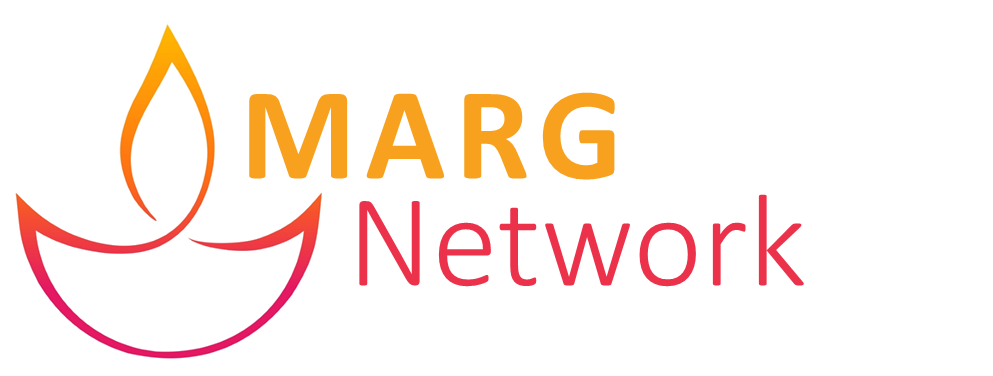During most of my time walking alongside international students from all over the world, I have told others how wonderful it is to not have to worry about learning another language. Since international students have to demonstrate proficiency in English prior to coming to the U.S., I can communicate with them in English.
I had a desire to meet Indian students and the door opened for me to pick some up at the airport. It turned out many were from the state of Gujarat, which I had never heard of at the time. As a way to thank me, the Gujarati students invited me to eat with them. I had eaten Indian food only twice before in my entire life. Gujarati dishes are like no other food in the world. Both sweet and spicy at the same time. I became addicted to the food and searched for my next Gujarati meal constantly. Several evenings a week I would head over to the apartment complex where about 40 Gujarati students lived and listen for the sound of a pressure cooker whistling and knock on the door!
I was thankful that the Gujarati students usually spoke English well. They also spoke Hindi. But when they were together in their apartments they only spoke Gujarati. I learned to say kem chho when I greeted them and majaama (fine). Then I traveled to Gujarat for the first time and realized that many of the parents, aunts, uncles and grandparents of the students I met could not speak English. They responded warmly and smiled widely when I said kem chho or majaama.
Soon after I returned home, I read this quote in a magazine called International Educator:
“Having access to another language grants access to another peoples’ world view. Being able to converse with others on their terms demonstrates a certain humility, and a bit of risk-taking—I will put myself at risk of errors (generally grammatical), because I want to make the effort to communicate with you on your terms.”
Those words changed the course of my life. The humility necessary to communicate with a student on his terms reminded me of what Jesus did. He humbled himself (Philippians 2:8) and took risks and ultimately made the effort to communicate with people on their terms and in their language. I knew I needed to learn to speak Gujarati.
I knew that the easiest way to learn Gujarati was to move there for a period of time, but that wasn’t an option due to my family situation and stage in life. I heard about an approach to language learning call Total Physical Response (TPR) that involves having a language helper say something like “stand up, walk across the room, open the door” in the language, and the learner has to do that. The physical action helps the learner remember. I also had weekly sessions with an American mentor who speaks fluent Gujarati. We would practice phrases together, then he would leave long voicemail messages on my phone with the phrases so I could listen and practice. Then I progressed to grammar books with the help of some very patient Gujarati students. I have tried virtually every language learning method out there. For vocabulary I use digital flashcards with a system called Anki. Another challenge is that I use some traditional Gujarati words that young people don’t use anymore, such as mej for table. They just say table!
The most valuable “method” by far is finding a patient Gujarati student who will help me with my lessons and speak slowly. It is a very humbling experience and I am constantly making grammatical errors, but the friendships I have formed with language helpers are incredibly deep. In my role, I do a lot for the international students, but they rarely have opportunities to help me. Helping with language goes far beyond language learning. It allows our friendship not to be one-sided. When students have opportunities to help us, it creates a strong bond.
It is a common belief that children and younger people learn language more quickly than those who are older. It is true to a certain extent, but no reason not to make the effort to learn. I just returned from a short trip to Gujarat and found, after six years of language learning, that my ability to converse and engage with Gujaratis had improved considerably. The long hours of study and humiliation are worth it when a Gujarati expresses surprise in meeting a white American who speaks his language. The Gujarati often says kem (why)? It is a great opening to tell them how God gave me an unexpected but intense love for everything Gujarati and how my life has been transformed.
Most Indian students come from only a few cities in India. My encouragement for those who walk alongside with Indians from Hyderabad is to learn a bit of Telugu; from Chennai, Tamil; from Bangalore, Kannada; from Mumbai, Marathi; from Delhi, Hindi; from Kolkata, Bengali; and from Ahmedabad, Gujarati. Learning language is hard work, but I strongly believe it is incarnational ministry at a very high level, and it creates a strong bridge for sharing things that are most important.









